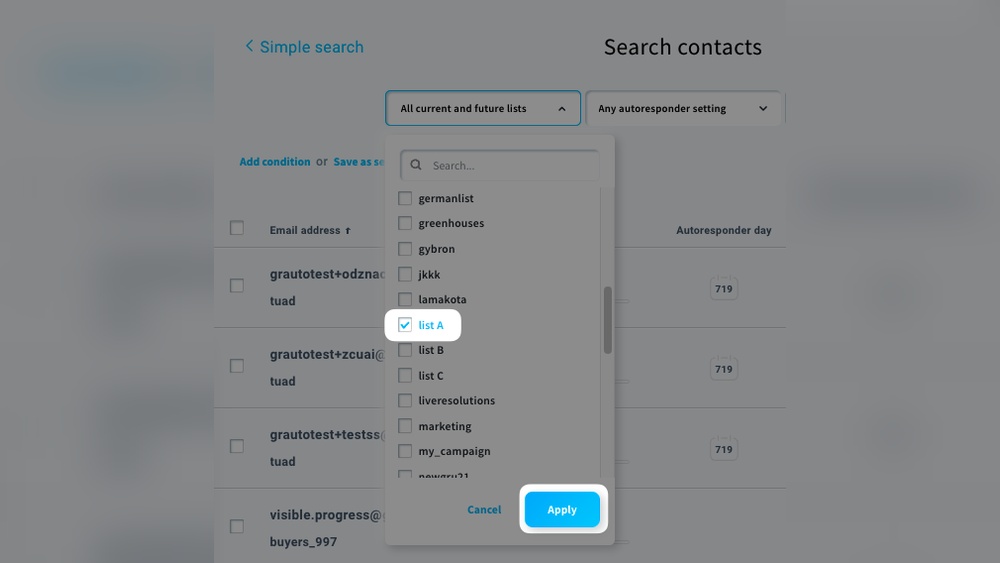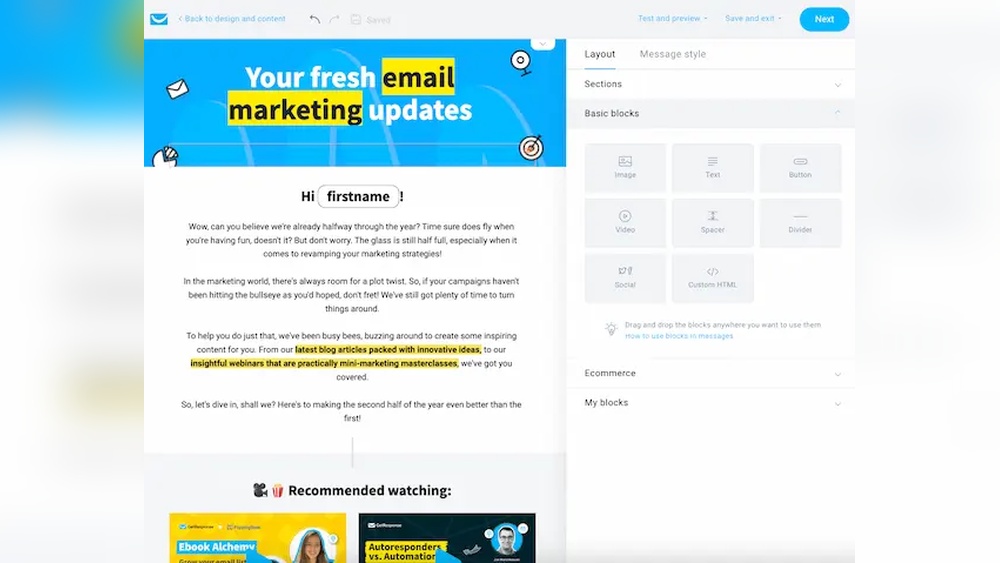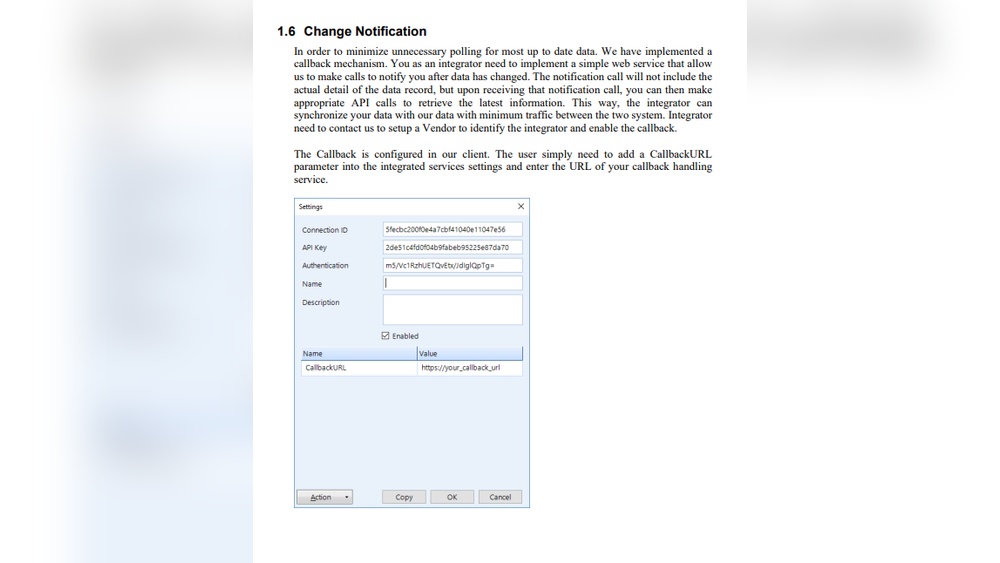An accountant is a professional who performs financial accounting, auditing, and tax services for individuals, businesses, and organizations. Many accountants use content management system (CMS) software to help with their work. A CMS is a software application that helps users create, manage, and publish content.
It can be used to create websites, blogs, and other online content. Many accounting firms use CMS software to help their clients manage their finances and tax information.
Most accountants use some form of content management system software to keep track of their client’s information. This allows them to have quick and easy access to all of their files in one place. It also makes it easy to share information with other members of the accounting team.
What is Accounting Software? [Intro to Financial and Accounting Systems]
What are content management systems used for?
A content management system (CMS) is a software application or set of related programs that are used to create and manage digital content. CMSes are typically used for enterprise content management (ECM) and web content management (WCM).ECM software is used to store, manage, and preserve digital content, such as documents, images, and videos.
ECM software includes tools that help organizations manage digital content throughout its lifecycle—from creation and storage to distribution and destruction.WCM software is used to create and manage websites. WCM software includes tools for creating and managing website content, such as text, images, and videos.
WCM software also includes tools for managing website structure, such as navigation, templates, and branding.CMSes can be used for a variety of purposes, including:– Creating and managing digital content
– Creating and managing websites
– Managing website structure
– Managing website navigation
– Managing website templates
– Managing website branding
– Storing and preserving digital content
What is the most widely used content management system?
There is no definitive answer to this question as it depends on a number of factors, including the specific industry and country. However, some of the most popular content management systems include WordPress, Joomla and Drupal.
Which is the best content management system to used?
There is no easy answer when it comes to choosing the best content management system (CMS). However, there are a few key factors that you should consider when making your decision. The first is the size and scope of your website.
If you have a small, personal website, you may not need all the bells and whistles that come with a larger, more complex CMS. The second factor is the level of control you need over your website. If you’re comfortable coding and working with HTML, a less user-friendly CMS may be a better fit for you.
Finally, consider the cost of the CMS and any required training or support. Some CMSs are free, while others can be quite expensive.When it comes to choosing a CMS, there is no one-size-fits-all solution.
The best CMS for you will depend on your individual needs and preferences. However, some popular CMSs include WordPress, Joomla, and Drupal.
What CMS does Reuters use?
Reuters, one of the world’s largest news organizations, uses a custom-built content management system (CMS) to power its website and mobile app. The system was designed and built in-house by Reuters’ Technology team.The Reuters CMS is a complex system that is constantly evolving to meet the needs of the organization’s large and global newsroom.
The system is built on a number of open-source and commercial software components, including the Apache web server, the MySQL database, and the Drupal content management system.The system is designed to handle a large volume of traffic and content, and to be highly scalable. It is also designed to be flexible, so that it can be easily customized to meet the needs of different newsrooms.
The Reuters CMS is used by more than 1,000 journalists in more than 50 countries around the world.

Credit: www.rentecdirect.com
Cloud content management companies
There are many cloud content management companies out there, but which one is right for your business? It can be tough to decide, but we’ve got you covered. In this blog post, we’ll provide detailed information about the top cloud content management companies, so you can make an informed decision.
The first company on our list is Box. Box is a leading cloud content management company that offers a comprehensive and easy-to-use platform. Businesses of all sizes use Box to store, manage, and share their content.
Box offers a variety of features, including:– Unlimited storage and file size– Access control and security
– Granular permissions– Version control– Activity logs
– And more!Another great option is Google Drive. Google Drive is a cloud-based storage solution that integrates with Google’s suite of productivity tools, making it a great option for businesses that use Google Apps.
Google Drive offers:– 15 GB of free storage– Easy integration with Google Apps
– Real-time collaboration– Access control and security– And more!If you’re looking for a comprehensive and easy-to-use cloud content management solution, Box or Google Drive is a great option for your business.
Content publishing systems
If you’re looking for a content publishing system, there are a few things you should keep in mind. First, you need to decide if you want a system that is self-hosted or hosted by a third party. Self-hosted systems give you more control over your content, but they require you to set up and maintain your own server.
Hosted systems are easier to set up and maintain, but you’ll have less control over your content.Once you’ve decided on a hosting option, you need to choose a system that fits your needs. If you’re looking for a simple system for publishing articles or blog posts, WordPress or Medium might be a good option.
If you need a more robust system for managing a large website, you might want to consider a content management system like Drupal or Joomla.Finally, you need to choose a system that is easy to use and fits your budget. Some content publishing systems are free, while others can be quite expensive.
Be sure to compare features and prices before making your final decision.
5 example of content management system
There are many different types of content management systems (CMS) available on the market today. Here are five examples of popular CMS platforms:1. WordPress: WordPress is one of the most popular CMS platforms in use today.
It powers millions of websites and blogs around the world. WordPress is a free and open source platform with a large community of developers and users.2. Joomla: Joomla is another popular CMS platform.
It is also free and open source with a large community of developers and users. Joomla is used to power a variety of websites and applications.3. Drupal: Drupal is a popular open source CMS platform.
It is used by a variety of organizations, including many government agencies. Drupal is highly extensible and has a large community of developers and users.4. Magento: Magento is a popular eCommerce platform.
It is used by many online retailers to power their online stores. Magento is an open source platform with a large community of developers and users.5. Shopify: Shopify is a popular eCommerce platform.
It is used by many online retailers to power their online stores. Shopify is a closed source platform with a large community of developers and users.
Content management technologies
Content management technologies are tools and systems used to manage digital content. Content management includes the processes and technologies used to create, curate, store, and publish content.Digital content includes text, images, audio, video, and other forms of information that can be digitized and stored on a computer.
Content management technologies facilitate the creation, curation, storage, and publication of digital content.Content management technologies can be used to manage content on websites, in databases, and in other digital formats. Content management systems (CMS) are software applications that enable users to create, edit, and publish digital content.
WordPress, Drupal, and Joomla are popular examples of CMS.Database management systems (DBMS) are software applications that enable users to store, organize, and retrieve data from a database. MySQL, Oracle, and Microsoft SQL Server are popular examples of DBMS.
Content management technologies can also be used to manage non-digital content, such as paper documents. Document management systems (DMS) are software applications that enable users to store, organize, and retrieve paper documents.Content management technologies are essential for businesses and organizations that need to manage large amounts of digital content.
These technologies can help businesses and organizations to be more efficient and organized, and to better meet the needs of their customers and clients.
Content management system providers
A content management system (CMS) is a software application or set of tools that enables users with little or no programming experience to create, edit, manage and publish digital content. A CMS typically has two components: a content management application (CMA) and a content delivery application (CDA). The CMA is the front-end interface that allows users to submit content, while the CDA is the back-end engine that stores and delivers the content.
There are a number of commercial and open source CMS providers, including Adobe, Drupal, Joomla, and WordPress. Each CMS has its own strengths and weaknesses, and it’s important to choose a provider that will best meet the needs of your organization. Here are some factors to consider when selecting a CMS provider:
Ease of use: The CMS should be easy to use, even for users with little or no technical experience. It should have a user-friendly interface and provide step-by-step instructions for performing common tasks.Flexibility: The CMS should be flexible enough to accommodate changing needs and requirements over time.
It should allow for the easy creation and modification of content, as well as the addition of new functionality.Scalability: The CMS should be able to handle increasing amounts of content and traffic as your organization grows. It should be able to support a large number of users and concurrent content editors.
What is web content management
Web content management (WCM) is the process of creating, managing, and publishing content on a website. It includes the tools and processes used to create, edit, and publish web content, as well as the governance and organizational structures that support these activities.The goal of web content management is to make it easy for people to create and publish content, while still maintaining control over the quality and accuracy of that content.
In practice, this often means creating a system that allows non-technical users to easily create and manage web content, while still providing technical users with the flexibility to customize the look and feel of the site, and to add new features and functionality.Common features of web content management systems include:– A WYSIWYG editor for creating and editing web content
– A content repository for storing web content
– Workflow tools for managing the approval and publication of web content
– Tools for managing website navigation and taxonomy
– Reporting and analytics toolsThere are a number of different approaches to web content management, and the right solution for a particular organization will depend on its specific needs and goals. However, all web content management systems share some common features and functionality.
Best content management system
A content management system (CMS) is a software application or set of tools that helps you create, edit, manage, and publish content. A CMS may also provide tools for managing multiple users, for auditing or version control, for managing content across multiple devices, or for other purposes.When choosing a CMS, it’s important to consider your needs.
Do you need an easy way to create and edit content? Do you need to be able to manage multiple users? Do you need to publish your content to multiple devices?
Do you need tools for auditing or version control?There are many different CMSs available, ranging from open source applications to commercial software. Some popular open source CMSs include WordPress, Joomla, and Drupal.
Commercial CMSs include Adobe Experience Manager, Sitecore, and Ektron.When choosing a CMS, it’s important to select one that’s right for your needs. Be sure to consider your budget, your technical skills, and your needs for content management.
Content management solution
If you’re running a website, you need a content management solution (CMS). A CMS is a way to manage your website’s content, including pages, blog posts, images, and more. There are many different CMS options available, so it’s important to choose one that’s right for you.
Here are some things to keep in mind when choosing a CMS:– Ease of use: You should be able to easily add, edit, and delete content without having to code.
– Flexibility: The CMS should be flexible enough to accommodate your website’s future needs.
– Support: Make sure there is someone you can contact for help if you run into problems.Once you’ve selected a CMS, it’s time to set up your website. Here are some things you’ll need to do:
– Choose a domain name and host your website.
– Install the CMS on your website.
– Create and publish your content.
A CMS can make managing your website much easier. Be sure to choose one that’s right for you and your website.
Conclusion
There are a variety of content management system (CMS) software programs available on the market today, and many accountants are wondering if they should use one. The short answer is that CMS software can be helpful for managing accounting content, but it is not required.There are several benefits of using CMS software for accounting purposes.
First, it can help to save time by automating some of the tasks associated with content management, such as creating and publishing new content, organizing existing content, and managing content approvals. In addition, using a CMS can help to ensure that accounting content is accurate and up-to-date, as well as improve the overall efficiency of the accounting content management process.However, it is important to note that not all CMS software programs are created equal.
When selecting a CMS for accounting purposes, be sure to choose one that is designed specifically for accounting content management and that offers the features and functionality that you need.






